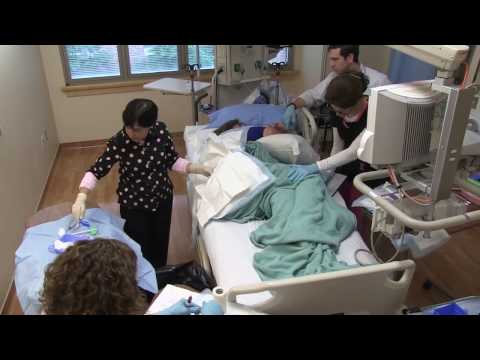The inherited bone marrow failure syndromes (IBMFS) are a group of rare genetic blood disorders in which there is usually some form of aplastic anemia (failure of the bone marrow to produce blood), associated with a family history of the same disorder. Some of these conditions have typical changes in physical appearance or in laboratory findings that suggest a specific diagnosis. There are several well-described syndromes, which can be recognized by health care experts. There are also patients who are harder to classify, but who appear to belong in this category. Patients with these syndromes have a very high risk of development of cancer (either leukemia or certain solid tumors).
The major disorders are:
- Amegakaryocytic thrombocytopenia (Amega)
- Diamond Blackfan anemia (DBA)
- Dyskeratosis congenita (DC)
- Fanconi anemia (FA)
- Pearson syndrome
- Severe congenital neutropenia (SCN)
- Shwachman Diamond syndrome (SDS)
- Thrombocytopenia absent radii (TAR)
- Other bone marrow failure syndromes
Clinical Study of IBMFS
DCEG investigators have been leading an ongoing clinical study in order to better understand how cancers develop in persons with IBMFS, with the aim of improving the healthcare that can be offered to persons with these disorders. Visit the IBMFS study participant website. (View the IBMFS study protocol: 02-C-0052 on Clinicaltrials.gov). This study is open for enrollment. For more information, contact the referral nurse by phone (1-800-518-8474), or by email.

